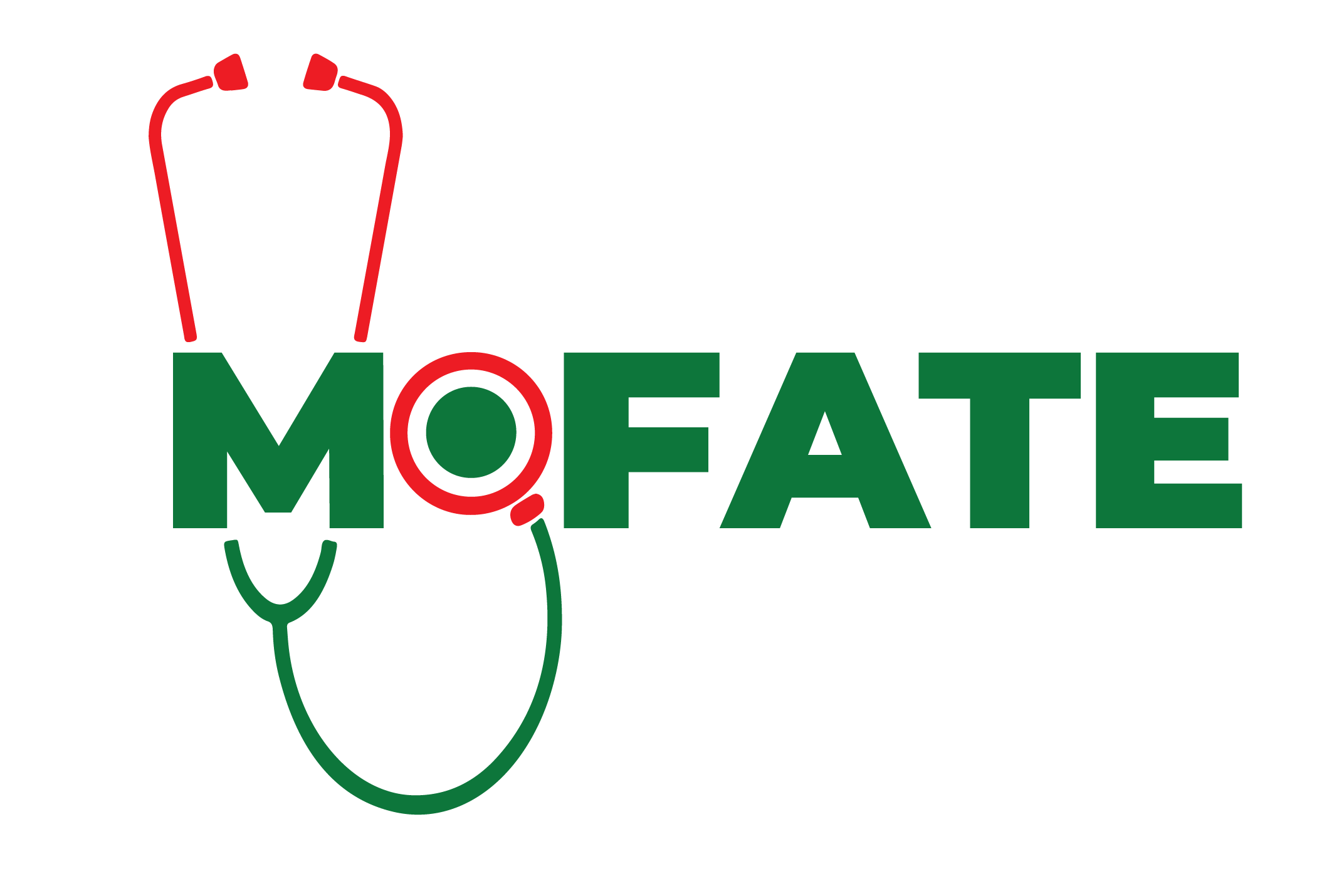Accurate and comprehensive documentation in nursing and midwifery is the cornerstone of quality patient care. It not only ensures continuity of care but also aids in effective communication among healthcare providers, promotes patient safety, and serves as a legal record of interventions and outcomes. Let’s uphold the highest standards of documentation to deliver exceptional care and support positive health outcomes for every patient.
1. Legal Protection: Accurate documentation serves as legal evidence, protecting both patients and healthcare providers in case of legal disputes or malpractice claims.
2. Continuity of Care: Detailed documentation ensures seamless continuity of care as healthcare professionals can understand a patient’s history, treatment plan, and progress accurately.
3. Communication: It facilitates effective communication among healthcare teams, ensuring everyone involved in a patient’s care is informed and can collaborate efficiently.
4. Quality Assurance: Proper documentation is essential for quality assurance programs, audits, and accreditation processes, ensuring adherence to standards and best practices.
5. Decision Making: It aids in informed decision-making by providing comprehensive data about patient assessments, interventions, responses to treatment, and outcomes.
6. Research and Education: Documented information contributes to research, education, and evidence-based practice by providing real-world data for analysis and learning.
7. Resource Allocation: It helps in resource allocation by identifying trends, areas needing improvement, and optimizing healthcare resource utilization.
8. Risk Management: Documentation plays a crucial role in risk management by identifying potential risks, errors, and areas for improvement in healthcare delivery.
9. Patient Safety: Accurate and timely documentation enhances patient safety by reducing errors, improving communication, and ensuring correct procedures are followed.
10. Regulatory Compliance: It ensures compliance with regulatory requirements, standards of care, policies, and protocols, fostering a culture of accountability and professionalism in healthcare settings.












